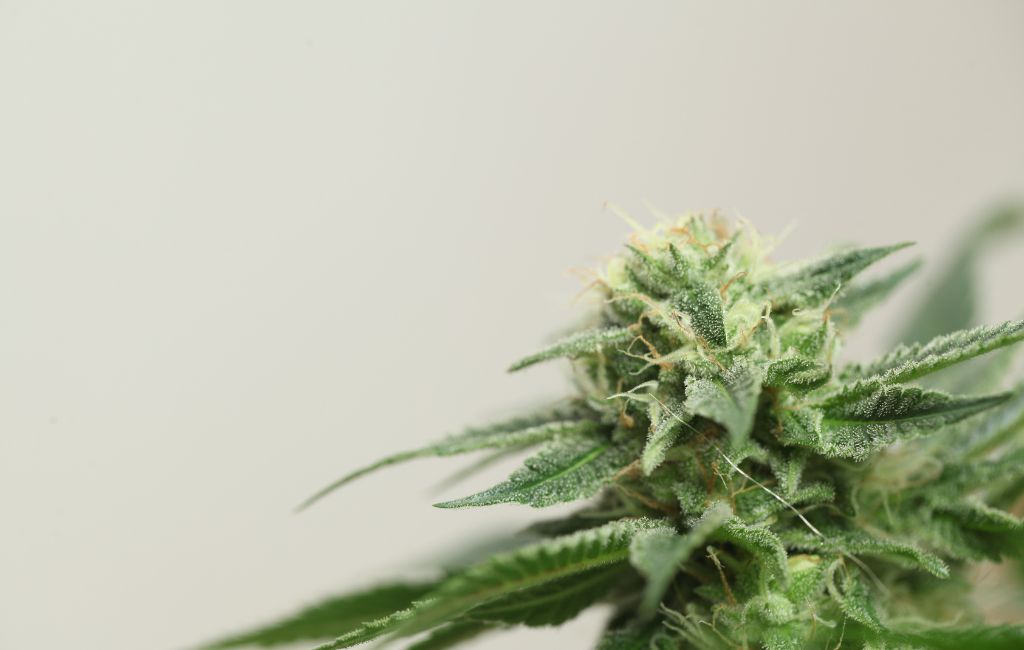THCa Flower: A Natural Path to Wellness
In recent years, the interest in natural wellness solutions has surged, leading many to explore the benefits of THCa flower. This article delves into the potential health advantages of THCa flower, supported by research, examples, and case studies.
Understanding THCa Flower
THCa, or tetrahydrocannabinolic acid, is a non-psychoactive cannabinoid found in raw cannabis plants. Unlike THC, THCa does not produce a “high” when consumed. Instead, it offers a range of potential health benefits that are gaining attention in the wellness community.
What Makes THCa Different?
THCa is the precursor to THC. When cannabis is heated through smoking, vaping, or cooking, THCa converts to THC, the compound responsible for the psychoactive effects. Consuming raw or minimally processed cannabis preserves THCa, allowing users to experience its benefits without the psychoactive effects.
Health Benefits of THCa Flower
Research and anecdotal evidence suggest that THCa may offer several health benefits. Here are some of the most notable:
- Anti-inflammatory Properties: Studies indicate that THCa has significant anti-inflammatory effects, which can help manage conditions like arthritis and other inflammatory diseases.
- Neuroprotective Effects: Research suggests that THCa may protect brain cells, potentially offering benefits for neurodegenerative diseases such as Alzheimer’s and Parkinson’s.
- Anti-emetic Properties: THCa has shown promise in reducing nausea and vomiting, making it a potential option for patients undergoing chemotherapy or those with chronic gastrointestinal issues.
- Antioxidant Benefits: THCa’s antioxidant properties can help combat oxidative stress, which is linked to various chronic diseases and aging.
Case Studies and Research
Several studies and case reports highlight the potential of THCa flower in promoting wellness:
Case Study: Managing Chronic Pain
A 2019 case study published in the Journal of Pain Research examined the effects of THCa on a patient with chronic pain. The patient reported significant pain relief and improved quality of life after incorporating THCa into their treatment regimen. This case underscores the potential of THCa as a natural pain management option.
Research on Neuroprotective Effects
A 2017 study published in the British Journal of Pharmacology explored the neuroprotective properties of THCa. The researchers found that THCa could protect brain cells from damage and reduce inflammation, suggesting its potential in treating neurodegenerative diseases.
How to Use THCa Flower
There are various ways to incorporate THCa flower into your wellness routine:
- Raw Consumption: Adding raw cannabis leaves or flowers to smoothies or salads preserves THCa and allows for easy consumption.
- Tinctures and Oils: THCa tinctures and oils can be taken sublingually for quick absorption and convenience.
- Topicals: THCa-infused creams and balms can be applied directly to the skin for localized relief from pain and inflammation.
Legal Considerations
The legal status of THCa flower varies by region. In some areas, THCa is legal for medical or recreational use, while in others, it remains restricted. It’s important to research and understand the laws in your area before purchasing or using THCa products.
Conclusion
THCa flower offers a promising natural path to wellness, with potential benefits ranging from anti-inflammatory and neuroprotective effects to pain relief and antioxidant properties. As research continues to uncover the full range of its benefits, THCa flower may become an increasingly popular option for those seeking natural health solutions.
